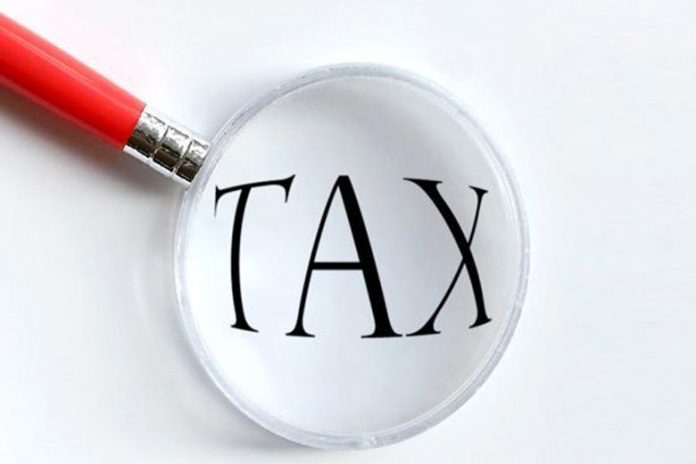Pakistan’s tax exemptions reached a total cost of Rs3.8 trillion in the fiscal year 2023-24, according to the latest report from the Federal Board of Revenue (FBR).
The report outlines tax expenditures, which include various exclusions, deductions, deferrals, credits, and reduced tax rates, aimed at supporting specific activities or taxpayer groups.
The FBR’s report for the tax year 2024 provides a detailed breakdown of these exemptions, highlighting the fiscal impact of each category on government revenue.
It reveals that total federal tax expenditures amounted to Rs3,879.20 billion, or 54.15% of the FBR’s total tax collection, marking an increase from 36.43% in the previous fiscal year. This expenditure represents 4.61% of Pakistan’s GDP, up from 3.36% the prior year.
Income tax expenditures accounted for Rs476.96 billion, representing 6.66% of FBR’s collection and 12.30% of total tax expenditures.
Sales tax expenditures were the highest, totaling Rs2,858.72 billion, which is 39.91% of FBR’s collection and 73.69% of the total exemptions. Customs duty exemptions contributed Rs543.52 billion, or 7.59% of FBR’s collection.
The Tax-to-Gross Domestic Product (GDP) ratio drastically decreased from 9.22 percent in 2021-22 to 8.77 percent during 2023-24.
The FBR reported a 21.5% drop in income tax collected through Collection on Demand (CoD) efforts during the fiscal year 2023-24. CoD revenue totaled Rs 127 billion, down from Rs 162 billion in the previous year.
Meanwhile, advance tax collection increased 57% to Rs 1,530 billion from Rs 975 billion in 2022-23. Payments submitted with annual income tax returns also rose 35.8% to Rs 162 billion in 2023-24.
The report attributes this increase in tax expenditures to zero-rating sales tax on specific petroleum products, export relief measures, and economic stabilization policies.























